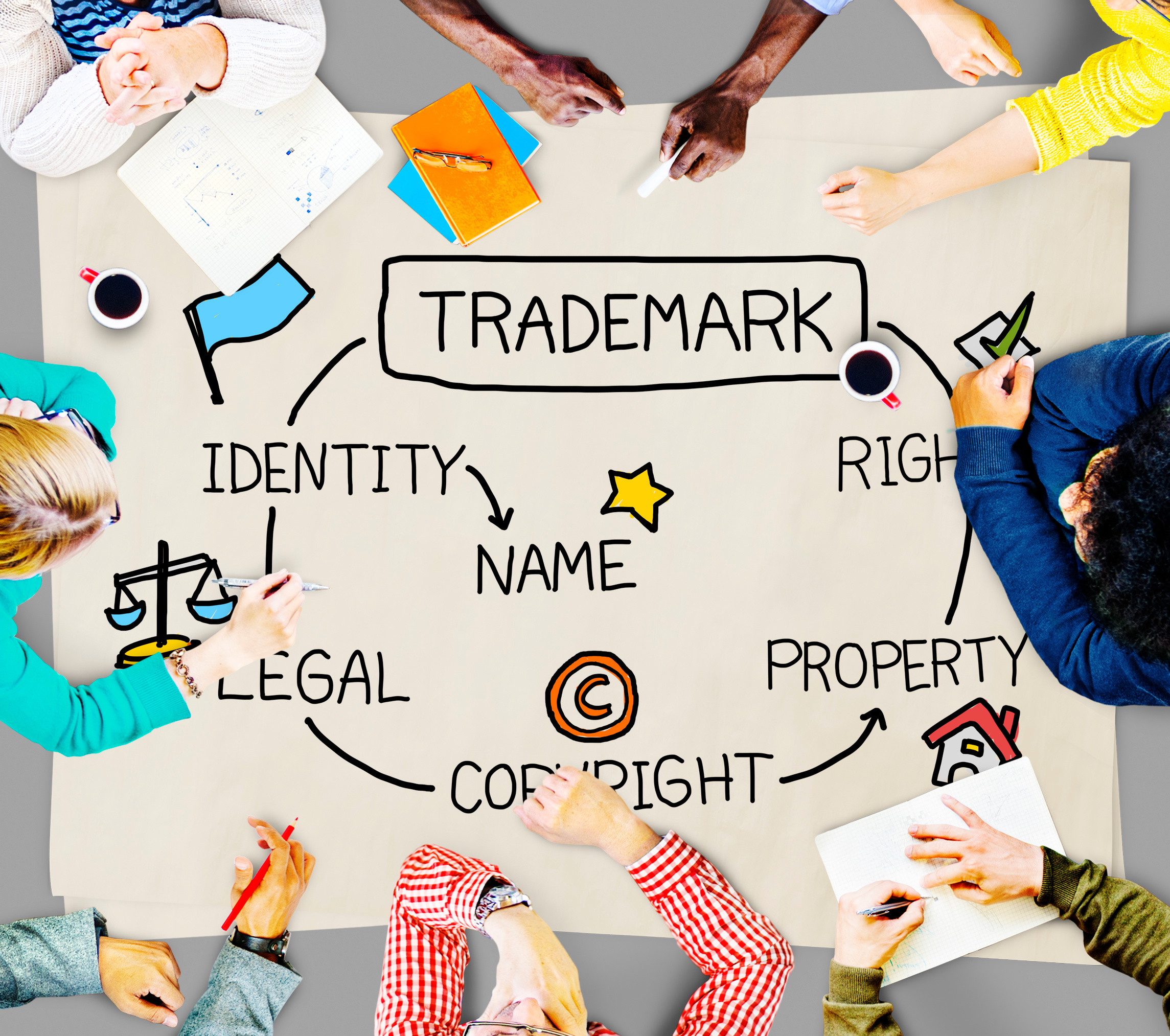Asset Protection is Important.
Why is asset protection important? First, to protect your assets, so they get into the hands of your intended beneficiaries, and to protect the most vulnerable of your beneficiaries from themselves.
Who Should Get Your Insurance Proceeds?
- Creditors Are Always Knocking at the Door.
Whether it’s your creditors or the creditors of your beneficiaries, when money is outside of a trust, it can be reached by creditors. All 50 states and the District of Columbia have statutes that protect the death benefit or cash value of life insurance. Typically, death proceeds of the life insurance policy are never available to your creditors because they pass directly to your beneficiaries without becoming part of your estate. However, keep in mind that although state law provides that the proceeds of your life insurance policy are exempt (at least partially) from your creditors, once those proceeds are in the hands of your direct beneficiaries, they typically are within the reach of creditors.
One of many options to ensure that your beneficiaries get what’s coming to them is to create a special trust called an irrevocable life insurance trust (ILIT) as the primary beneficiary of your policy. The trust can be the primary beneficiary and your designated beneficiary will be second.
- Minor children.
Leaving a minor child a large sum of money, either outright or through an insurance policy, is bad for the child. Regardless of how mature they are, they are still children. Liken that to a lottery winner. Statistics reveal that 70% of all lottery winners lose it all within 5-years. There are a number of reasons for that, but most an inability to manage money, especially when they’ve never had it.
Many states and life insurers have stepped in to protect children, even if the owner of the life insurance policy is not thinking wisely. Life insurance companies rarely pay death benefits to children under the age of majority. The age of majority is different in each state, so know the law in your state. If you name your minor child as your designated beneficiary and you die while they are still a minor, the court will appoint a guardian to manage the funds. Two problems:- it might not be someone you would want to have access to your money and
- the proceeds might not benefit your child as you would want
- the proceeds might be mismanaged
- Protects them from a divorcing spouse.
Another reason to place the money intended for your loved one into a trust rather than allowing them to access the money outright is to protect from divorcing spouses.
Suppose you want to leave your daughter $500,000. She is married to someone you feel is not a nice guy. You die and leave her the $500,000 outright and she then gets divorced. Depending on the state law where she resides, her spouse may have the right to a portion of the money. However, if it’s in a trust, depending on how the trust is structured, that scenario can be avoided. - How Much Does Your Beneficiary Need.
If the money intended for our beneficiaries is left in trust, you can define when and how they receive the money. You can also give your trustee the discretion to determine when and under what condition to distribute funds to your beneficiary.
There are many factors that go into deciding how much to give your beneficiary. One method used is to provide for their health, education (where appropriate), maintenance, and support. There is no one size fits all approach. Everyone is different. Their needs, their age, their lifestyle, where they live, their ability to manage funds, all need to be taken into consideration. The most important thing to keep in mind is if asset protection is of importance, then consider placing the money in trust.

Francine D. Ward
Attorney-At-Law, Author, Speaker
Follow Francine:
Don’t miss Francine’s Latest Blogs:
- AI and PatentsAI and Patents. Understanding Patent Law in the Age of AI. Patents, along with Copyrights, Trademarks, Trade Secrets, and Rights of Publicity, are one of the five areas of practice… Read more: AI and Patents
- Effective Goal SettingSetting Goals. It’s that time of year, time to plan for effective goal setting. A time when some of us start thinking about goals for the upcoming year. If you… Read more: Effective Goal Setting
- Indemnify AI UseBeware of companies that say they will indemnify AI use, that they will pay ALL the legal costs incurred by customers using Generative AI services (like ChatGPT, CoPilot, or Bard).… Read more: Indemnify AI Use
- Trademark A NameHow to Trademark a Name A trademark can be a word, phrase, design, logo, color, sound, or a combination of those things that identifies the source of a product or… Read more: Trademark A Name
- AI and copyrightThe Ongoing AI Authorship Debate. Artificial Intelligence (“AI”), while not new, has become the new darling of the technology world. AI-generated works of art have ignited a firestorm among legal… Read more: AI and copyright












